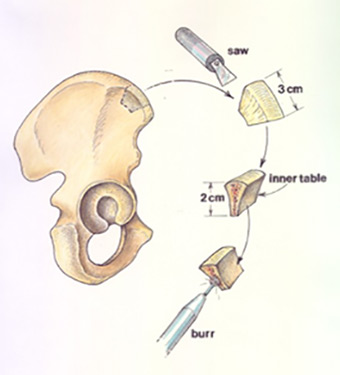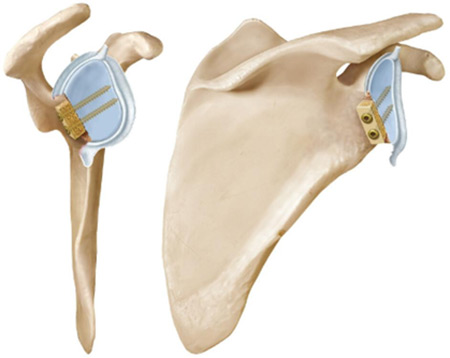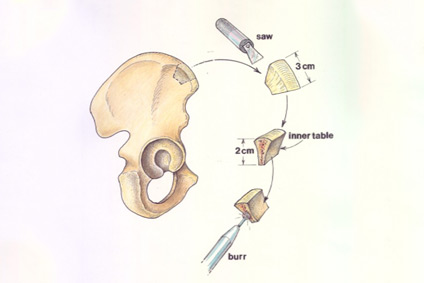
Introduction
Posterior shoulder instability poses a unique challenge for orthopedic surgeons, particularly in cases of excessive glenoid retroversion. While posterior glenoid bone grafting is a common surgical solution, its effectiveness in extreme retroversion remains uncertain. A recent cadaveric study, done by Dr. Okoroha’s colleagues, sheds light on the biomechanical limits of iliac crest bone grafting (ICBG) for restoring shoulder stability in the setting of posterior instability.
Study Highlights
Patient Demographics
The study utilized six fresh-frozen cadaveric shoulders to simulate various angles of glenoid retroversion (0°, 10°, and 20°) and different instability conditions. These controlled conditions provided a detailed analysis of posterior ICBG's effectiveness.
Follow-Ups
At 0° of retroversion, ICBG restored stability to near-native levels, demonstrating its effectiveness in minimal retroversion. At 10° retroversion, stability was partially restored, while at 20° retroversion, significant instability persisted.
Positive Outcomes
ICBG successfully restored peak translational force and reduced humeral head translation at 0° and 10° retroversion, showing promise for moderate instability cases. These findings suggest ICBG's potential in certain scenarios, especially when retroversion is minimal.
Challenges at Higher Retroversion
At 20° retroversion, ICBG failed to restore adequate stability, with significant increases in posterior humeral head translation and decreases in peak translational force. This highlights the procedure's limitations in severe retroversion.
Conclusion
Posterior glenoid bone grafting with ICBG offers a viable solution for restoring shoulder stability in cases of mild to moderate retroversion. However, its effectiveness diminishes significantly when glenoid retroversion exceeds 10°, underscoring the need for caution in such cases. Surgeons must carefully evaluate the degree of retroversion and consider additional stabilization techniques for patients with severe instability to ensure optimal outcomes.
We are committed to providing personalized care and innovative treatments to help patients reach their full potential. To learn more about shoulder instability, shoulder labral tears, glenoid reconstruction with bone grafts and glenoid retroversion, schedule a consultation with Dr. Kelechi Okoroha today. Seeing patients from Minneapolis, St. Paul, Plymouth, Edina, Minnetonka, Rochester, and Minnesota ensures that patients receive specialized care aimed at maximizing their athletic performance and long-term shoulder health.










